GroupMe alleged cheating scandal causes Cal State LA to trend on Twitter
Photo illustration by Joshua Mejia.
Cal State LA started trending on Twitter Wednesday night after allegations of cheating arose.
The misconduct was brought forward by a student who allegedly called out the actions of her fellow classmates in a discussion board on Canvas. The student claimed those in the class who are part of GroupMe, a group messaging app, allegedly participated in sharing answers and taking credit for the work of others.
“For the people that participated in sharing answers, discussion posts, and taking credit for other’s work I cannot say why they thought this was okay,” the post reads. “Especially since it puts other people in a position where they do not have to not work as hard.”
The student who allegedly made the discussion post could not be reached and the professor of the class declined to comment.
Among the allegations and screenshots that were shared through Twitter, one alleged that a sociology professor, Nathan Martel, joined the class’s GroupMe chat and “caught” them. However, the professor says he was impersonated.
“I have nothing to do with this. Somebody has impersonated me, apparently. I have not and will never join a student chat,” said Martel in an email.
Many Cal State LA students like first-year political science major Victoria Santana hurriedly left GroupMe chats they were in. She said that when she noticed the university was trending on Twitter, the circulating memes and hostility of the situation convinced her to leave the chat rooms.
“I saw the negativity and how severe it was getting,” Santana said. “Some people might be sharing something that’s like, ‘Haha, this is so funny.’ But, they might not understand that that ‘funny’ isn’t funny to that person that’s being scrutinized.”
Santana felt the need to reach out to several students who were accused of whistleblowing and who were targeted by memes and negative comments. She said the hurtful posts moved her to check on the accused students’ general well-being.
“[I] reached out to everybody that I could. I’m hoping that it made some sort of difference,” Santana said. “Everybody’s so scared. And I think what’s happening is that when there’s a lot of fear, there’s just a lot of negativity that can come out of that.”
Cal State LA chemistry alum Jesse Duque said in a comment on the Cal State LA Book Exchange Facebook page, “If you need to cheat your way through college, you shouldn’t be there in the first place.”
Kaylin Drake, one of the many attendees of the Board of Directors meeting, spoke on how the school should also investigate professors while they investigate the cheating scandal.
“Many professors don’t even care. They just assign busy work and they leave you on your own to basically teach yourself and that’s not how it’s supposed to be. Then you guys want to hand out an exam and expect everybody to pass it when you barely teach,” said Drake. “At the end of the day, how do you expect us to take an exam on something that you’re barely teaching?”
Other students, like Luna Valles, shared the same sentiment as Drake, “A lot of kids are cheating but it’s because we’re being cheated out of our education. We’re paying $8,000 on tuition every year and we’re worried we’re not going to pass. Students aren’t going to pay $8,000 a year to fail, especially during a pandemic.”
Some students voiced their concern online over the possibility of the university implementing Proctorio, a learning integrity platform, according to its website, that tracks students’ work, quizzes and exams. Associated Students Inc. representative Cristian Flores said the topic of student privacy rights is one that the Education Policy Committee is currently working on.
“As far as policy goes, [the] Education Policy Committee is working on a virtual academic dishonesty policy next week and we haven’t discussed in detail what that will entail,” Flores said. “I sit on that committee on behalf of ASI and I will advocate on behalf of students to not use Proctorio.”
Flores is also a natural and social science teacher’s assistant, who believes that there is a benefit to chat rooms that take the place of in-person interactions with students. He says that there are conversations that happen digitally that would have happened face-to-face.
“Tools like GroupMe [and] Discord, these group chats are fantastic for sharing collective knowledge, building camaraderie with your peers, with your colleagues,” Flores said. “Students are having a difficult time learning in the [online] setting, and it’s understandable that they’re turning to their peers for that collective knowledge.
Carol Roberts-Corb, the interim associate vice president for student life and dean of students, said the “University investigates all alleged acts of dishonesty, and follows the procedures outlined in the University Academic Honesty policy and in the Student Conduct Procedures articulated in Executive Order 1098… revised August 14, 2020… to hold students accountable if they are found responsible.”
Roberts-Corb said that the university will be addressing the alleged cheating. However, she doesn’t think that the Academic Honesty policy will change as a cause of this.
“I do think that we need to do more to educate students about what cheating is/isn’t and examine address the underlying factors that can lead to cheating,” said Roberts-Corb.
This story will continue to be updated as the story progresses.

Tahiti Salinas is the Editor-in-Chief of the University Times. Tahiti has previously been the managing editor and a staff reporter. She is a senior at...

Rosio Flores is a journalism major and the Editor-in-Chief for the UT. Second to music, she loves writing and hopes to write her own book one day. She...
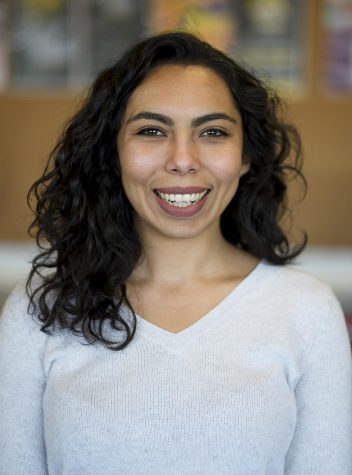
Marisa Martinez is a senior at Cal State LA majoring in Journalism. She has served as managing editor, editor-in-chief, digital editor and now audio editor...

Joshua Mejia is a fifth year TVF Major in the Film option, who has been with the University Times for six semesters. He is a filmmaker-photographer who...

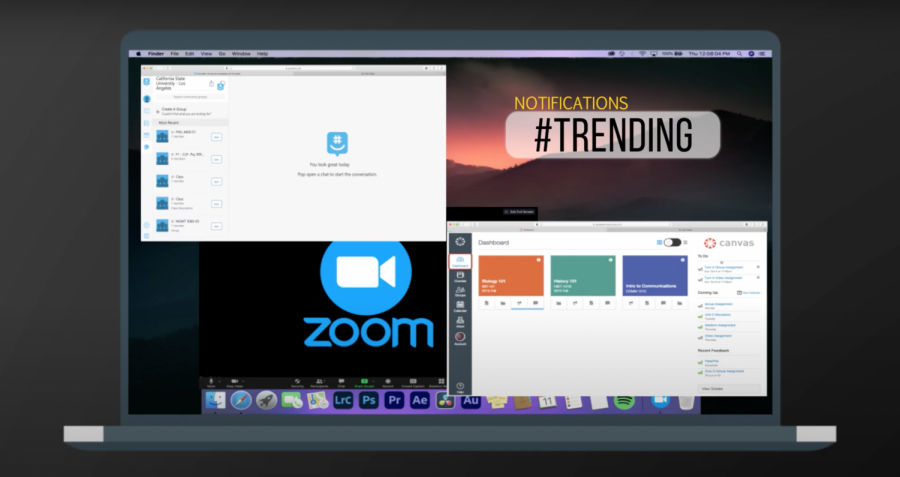



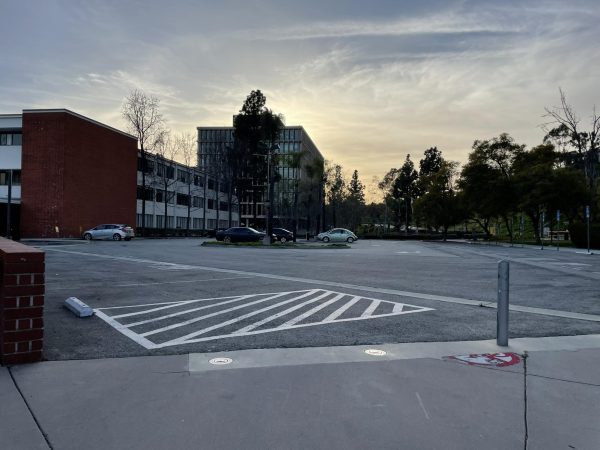
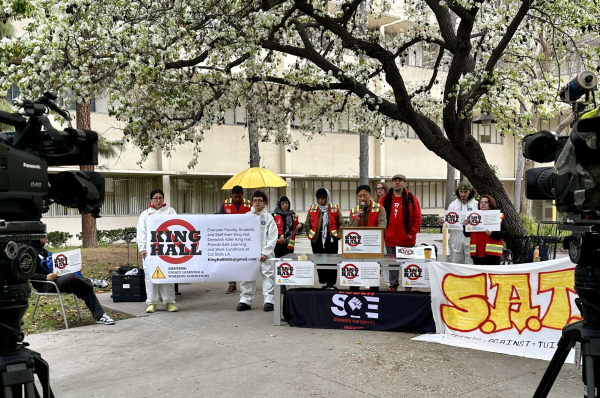
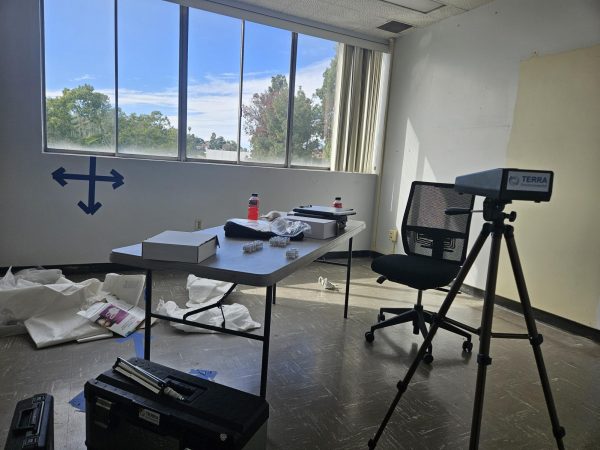

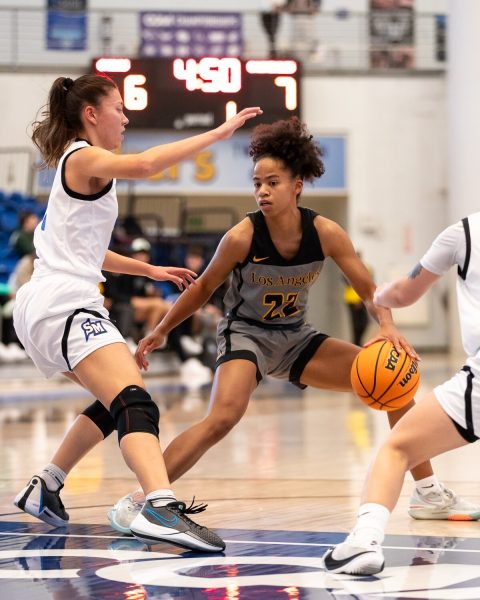
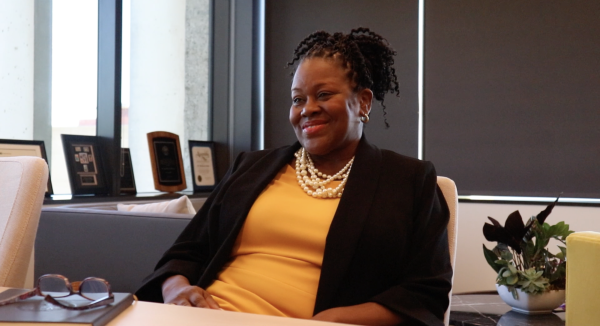
Sergio • Feb 12, 2021 at 5:31 pm
I find the whole thing depressing. The students who got caught cheating, rather than apologizing and trying to calm the situation down, chose to go on the defensive. Cal State L.A does not have the best reputation and this situation is not making it better.